5 signs you may have taken minimalism too far in your lifestyle – professional organizers weigh in
Extreme minimalism might not be the right choice for you, and its aesthetic should never be more important than your happiness
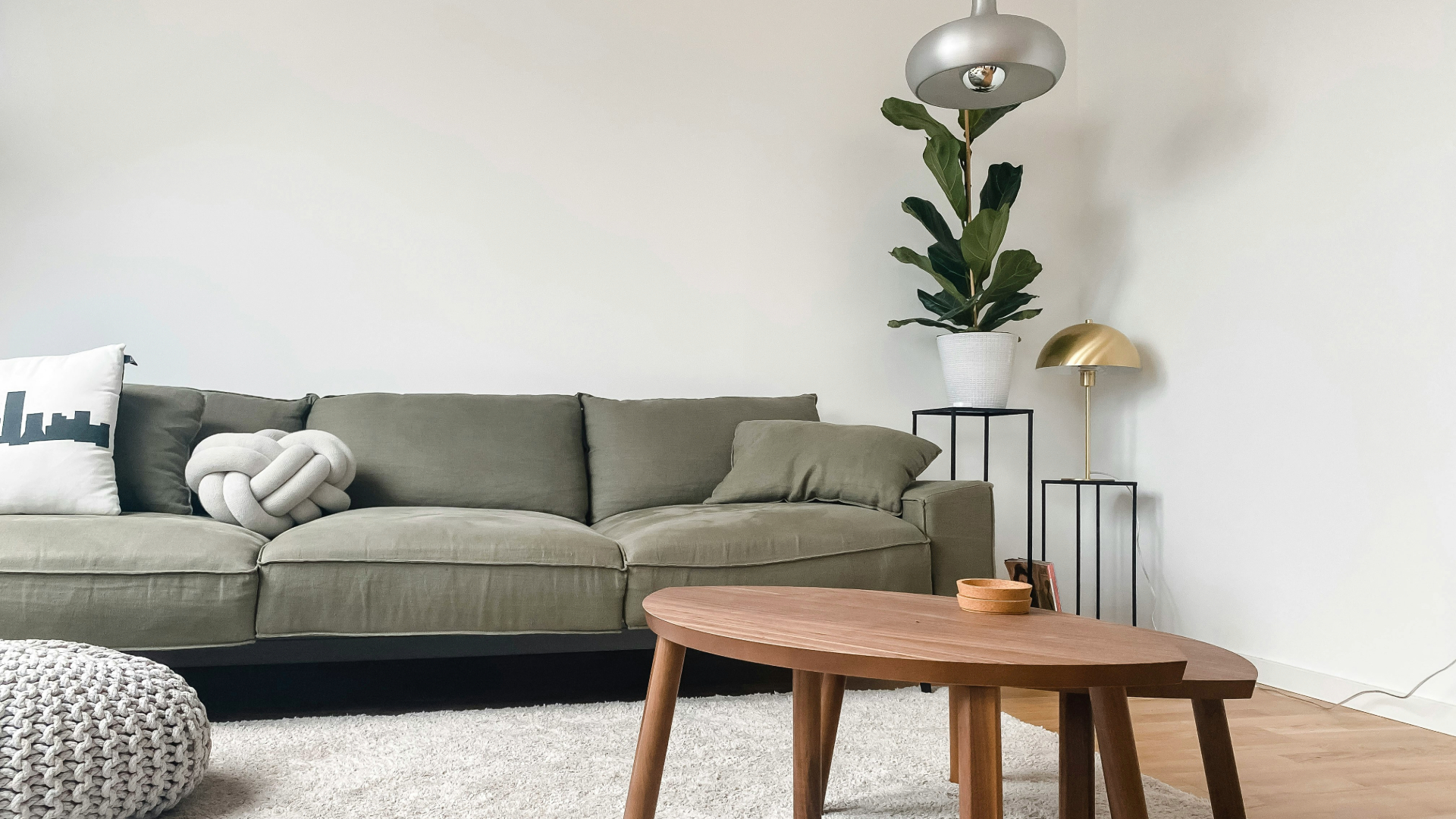

The spaciousness of minimalism, both as an aesthetic as well as a lifestyle choice, can be incredibly appealing. With the simplicity it brings, you can say goodbye to spending hours searching for your favorite shirt, or feeling overwhelmed by the excess of clutter surrounding you.
Starting to encourage minimalism at home isn’t easy for everyone, but for some the momentum of living a minimalist life seems unstoppable. Before they know it, their mind becomes perfectly wired to the principles of living a life with less.
Yet, is there such a thing as taking minimalism too far? Can decluttering and seeking to go through life with as few possessions as possible bring a person the complete opposite of Marie Kondo’s 'spark of joy'? Here are five signs from experts in minimalism and professional organizing that you may have taken this lifestyle choice a bit too far.
1. You are experiencing post-decluttering grief
If you embarked on a decluttering journey seeking to better yourself and your life but instead ended up left with a hard to pinpoint feeling of negativity, something isn’t right. It can be difficult to remove a lot of items from your home at once instead of decluttering as you go, so if you’re feeling a sense of post-decluttering grief, it is normal - at least to a certain degree.
‘While it’s very common to have feelings of lightness or euphoria while purging possessions, grief can also be an unexpected by-product after items have been removed from ones life,’ says Mindy Godding, Certified Professional Organizer, President of the National Association of Productivity and Organizing Professionals (NAPO), and Owner of Abundance Organized.
‘Many people report feelings of loss or loneliness when confronting an empty space that was previously full. These feelings are perfectly normal if they’re experienced temporarily, but if the feelings persist, that’s a sign that the process of decluttering has been out of alignment.’
2. An active sense of regret or frustration
The most common and easy to spot sign that a person may have decluttered too much in pursuit of a minimalist lifestyle is regret. Whether it’s constant or comes on in waves, you miss certain items that you chose to let go and wish they were still around in your life.
‘Occasionally when working on their own, people can almost purge in a frenzy, without careful deliberation or thought into long-term consequences,’ explains Mindy. ‘If someone is experiencing frustration or feeling manic in the decluttering process, they may have gotten rid of too much.’ This is one of the clear signs it's time to stop decluttering.
Gretchen Moen, Chief Clutter Cutter at Cut The Clutter RVA in Richmond, Virginia, has directly experienced what it's like to regret decluttering something, still feeling that regret years later. 'When decluttering books at my house, I donated my child’s Dr. Seuss books because we no longer read them regularly. Seven years later, my now-teenager still reminds me of my mistake in donating those cherished books.'
'When decluttering is successful it's life-changing, bringing with it appreciation, focus, calm and joy,' Gretchen continues. 'When I mistakenly donated those Dr. Seuss books, I learned the art of patience and the importance of considering the impact of decluttering items on not only myself, but on the people around me as well.'
3. You overlooked what's important to you
You will ultimately end up feeling unfulfilled if you make your decluttering decisions based on anything other than your goals, wants and values. Up-heaving your life and discarding things that matter to you in the name of making your home look like a magazine page won’t bring you the joy you’re hoping for if you have to get rid of so much of what you love in the process.
‘Marketing is very powerful and consumerism drives much of the messaging we receive in society,’ says Heidi Solomon, Professional Organizer and Interior Decorator at POSH Boston. ‘Minimalism isn’t about living with nothing, it’s about having what you need and use, and being mindful about what you consume and how you live.'
4. You're repurchasing what you purged
Letting go of items you need and use is one of the top decluttering mistakes people make, and moreover it doesn’t align with the true values of minimalism – keeping what you use, need, and love. Having less but struggling isn’t the way, especially if you are struggling without the storage essentials minimalists avoid. This process is about creating abundance and making life better, not leaving yourself deprived and regretfully reaching for the credit card.
‘For minimalism to work it is relative to what one person needs in their life,’ says Heidi. ‘If you find yourself constantly “missing” something or having to re-buy something you previously owned, those are signs you might have released too much.’ Instead, use the 90+ minimalist rule to quantify how much you love and use an item before getting rid of it, to avoid any repurchasing and regret.
5. Your life still doesn’t feel like it’s giving you what you need
If you’re experiencing prolonged negative feelings after decluttering and you are not enjoying the new, more minimalistic life you’ve created, it’s time to begin reflecting. It’s okay to feel this way, but in order to help yourself going forward you need to reflect on where and what went wrong, and if it was a good choice for you to pursue minimalism in the first place.
‘Minimalism is a lifestyle, not a strategy,’ says Mindy. ‘Be clear about your goals. Most people who adopt this lifestyle have a very clear purpose and mission behind it. Getting clear on what you will gain as you release possessions – and being able to articulate that – will always help to anchor you in on-going decision making and long-term contentment.’
Heidi adds: ‘It’s easy to get on a roll and purge too much. I believe those that are most successful in living a minimalistic lifestyle have a lot of clarity about what they need, use and do. They are able to block out the consumerist and societal messages that contribute to maximalism and overbuying, instead focusing on what it is that actually matters to them.’
‘It’s difficult to know all of your needs going forward but the more clarity you have about who you are, what you want long term and how you wish to live, the better your choices will align with your lifestyle and needs,’ says Heidi.
So go forth with subjectivity, consider how to make decluttering fun, and remember: your happiness shouldn’t be worth more than an aesthetic.
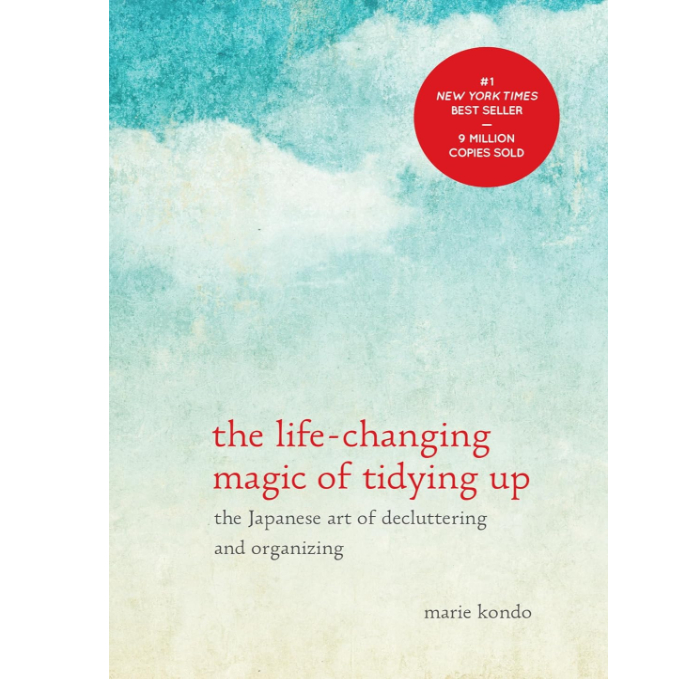
Price: From $7.95
Available in hardback Kindle, paperback and Audiobook, this New York Time bestseller sparked a revolution both in people's homes and the very social fabric of our spaces. Written by Japanese cleaning consultant Marie Kondo, take tidying to a new level with guidance on how to simplify your home and lifestyle to focus on what brings you joy.
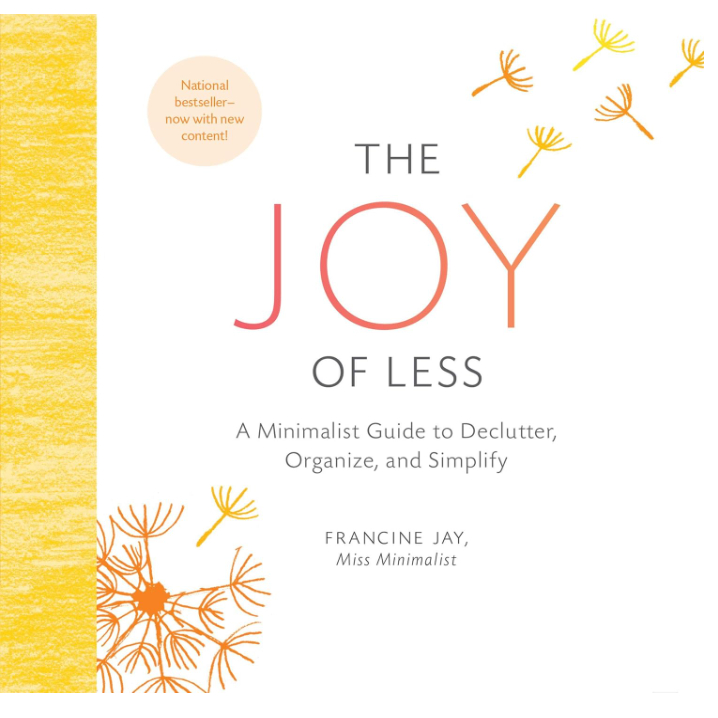
Price: From $11.54
A fun and lighthearted introduction to having less stuff and why this is the key to happiness. Author Francine introduces the rewards behind minimalism, and delves into their Streamline Method, a 10-step process to get your house rid of clutter, as well as room by room guidance and how to get your family or housemates on board, too.
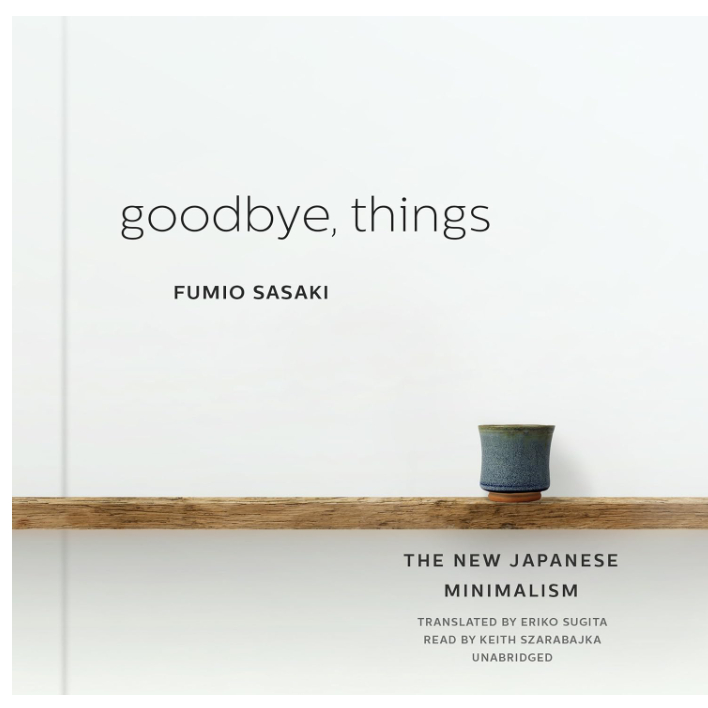
Price: $13.41
If you prefer a more real-life read read, this book from Fumio might be the one for you. He isn't an organizing expert, but a person who was stressed out comparing himself to others until he one day decided to ditch everything he didn't need and found the outcome amazingly positive. Now he shared his story of freedom, focus, and gratitude, and how you can enjoy the same, too.
Now you have a clearer idea of where to draw the line with minimalism in your home, delve into how to add warmth into a minimalist home, or explore the happy middle ground of Midimalism.
Sign up to the Homes & Gardens newsletter
Design expertise in your inbox – from inspiring decorating ideas and beautiful celebrity homes to practical gardening advice and shopping round-ups.

Ciéra is a writer and regional laureate with particular passions for art, design, philosophy and poetry. As well as contributing to Livingetc, she's an Editorial Assistant for Design Anthology, and a contributing writer for Homes & Gardens and Apartment Therapy. Previous commendations of hers include being Highly Commended by The Royal Society of Literature and receiving a prestigious MA Magazine Journalism scholarship to City University, London.
-
 How to choose eggplant companion plants for abundant and healthy harvests – we reveal 7 of the best to pick, plus the ones to avoid
How to choose eggplant companion plants for abundant and healthy harvests – we reveal 7 of the best to pick, plus the ones to avoidDiscover some beneficial vegetables, herbs, and flowers to grow with eggplant
By Drew Swainston
-
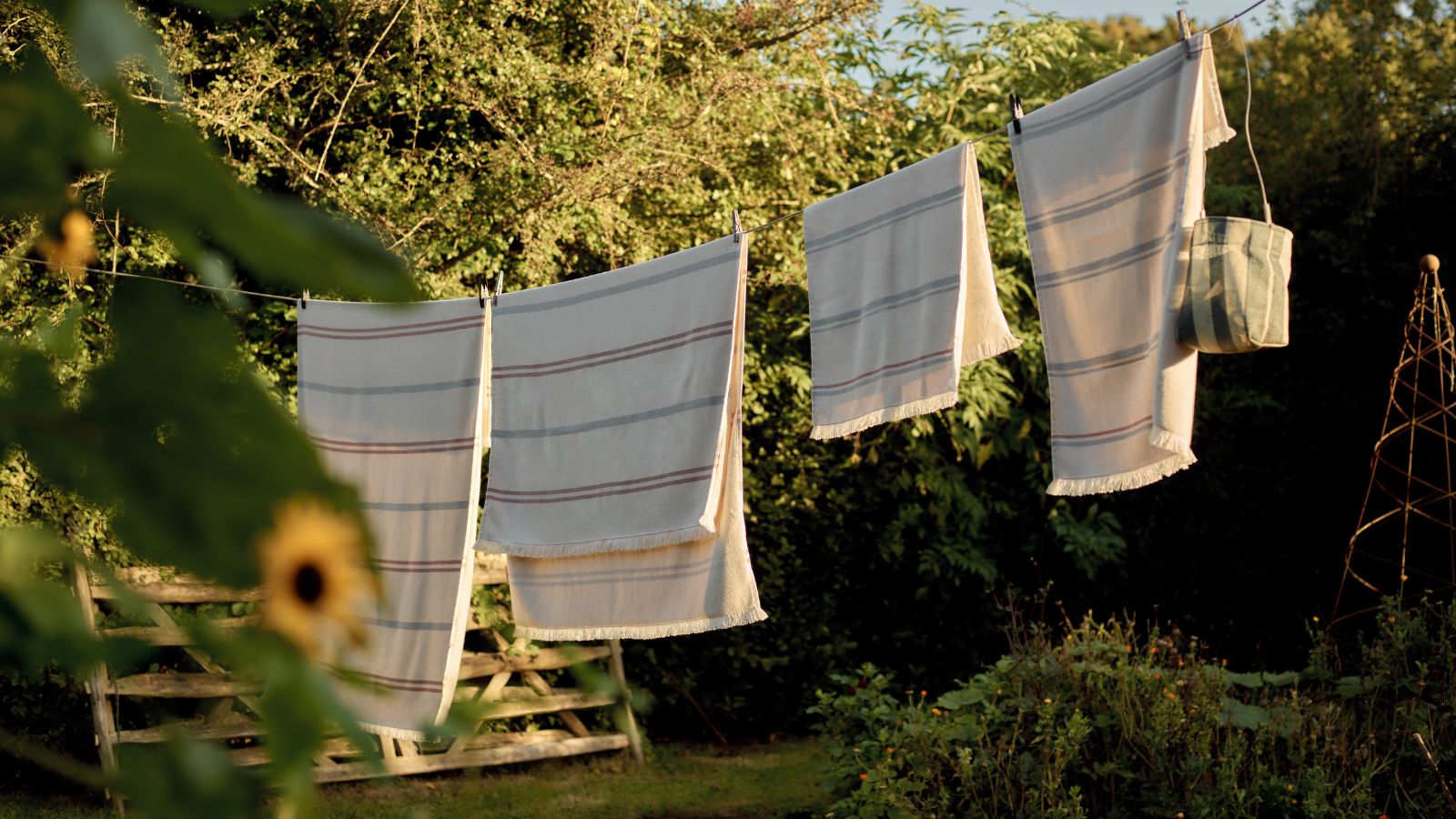 Should you dry your clothes outside if you have hayfever? Allergy specialists warn sufferers to steer clear of this 'major trigger'
Should you dry your clothes outside if you have hayfever? Allergy specialists warn sufferers to steer clear of this 'major trigger'Doing so can trigger asthma, coughing, itchy eyes and more
By Sophie Warren-Smith
-
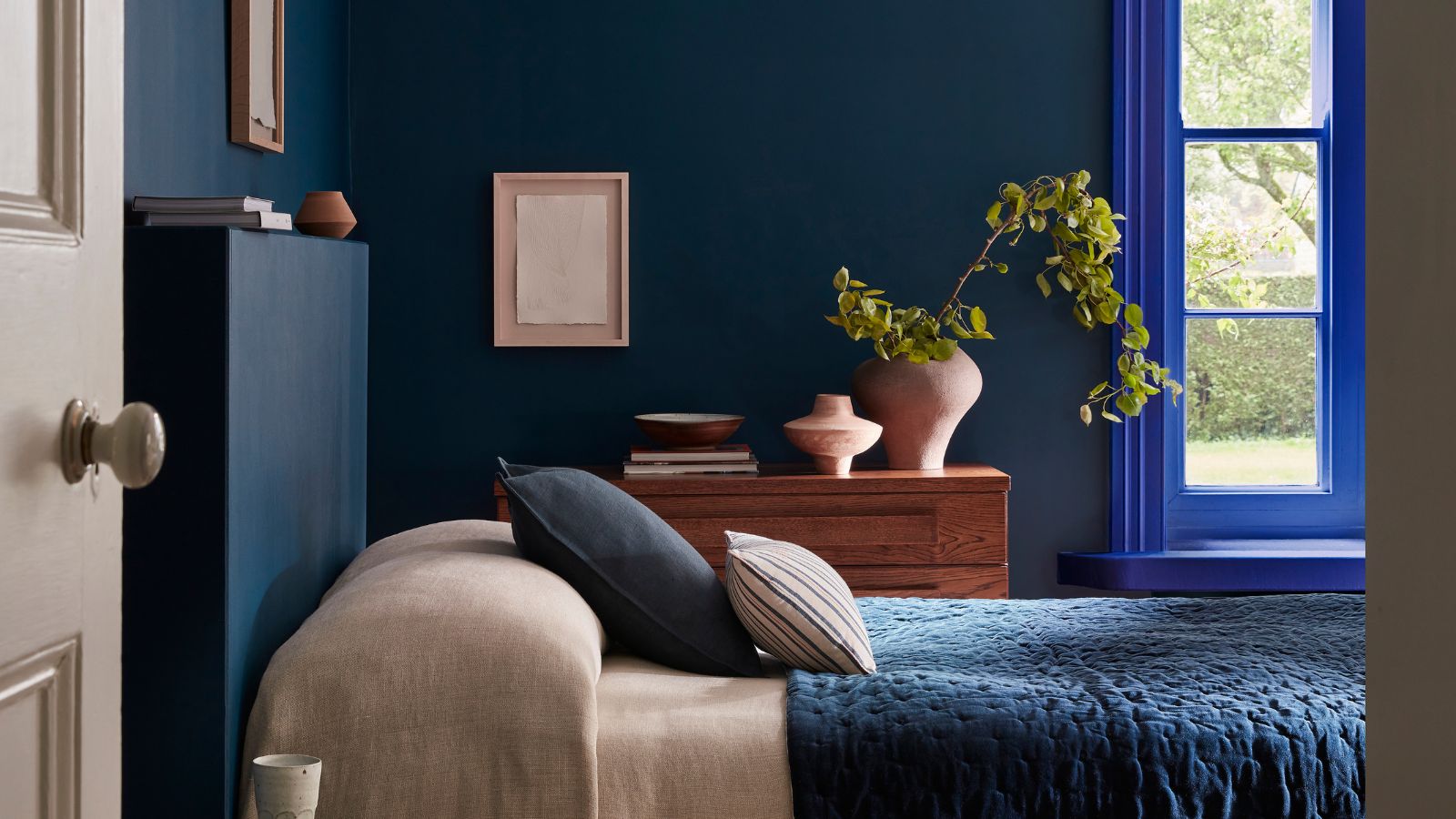 This brilliant $4 drawer organizer helped me reclaim control of my chaotic underwear drawer – and turbocharged my mornings
This brilliant $4 drawer organizer helped me reclaim control of my chaotic underwear drawer – and turbocharged my morningsIt makes heaps of difference when I'm getting ready
By Chiana Dickson
-
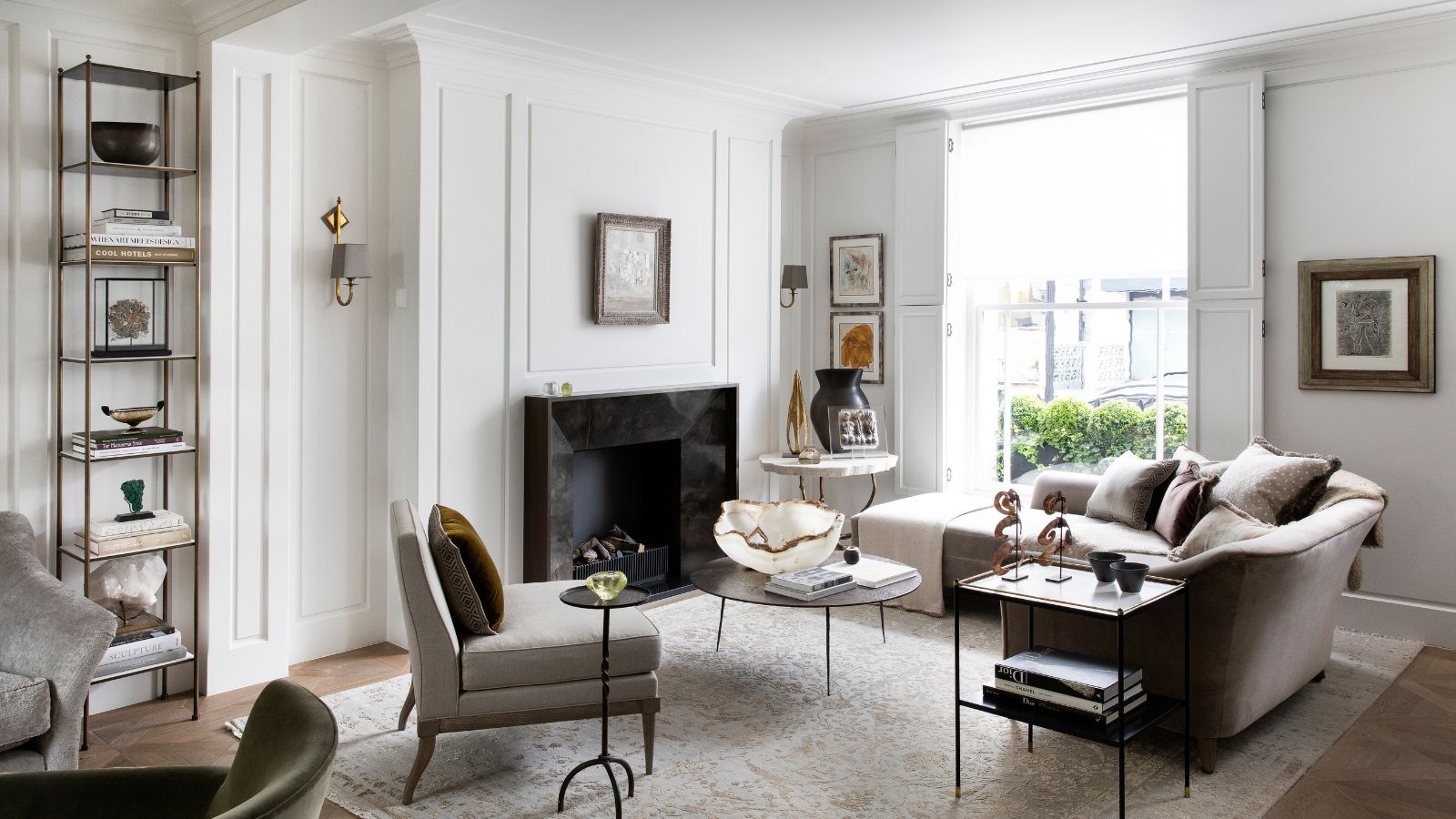 7 tiny chores that instantly make your home look more put together without buying anything – including shopping your stash and quick decluttering
7 tiny chores that instantly make your home look more put together without buying anything – including shopping your stash and quick declutteringSimple organization can make a real impact, experts assure
By Ottilie Blackhall
-
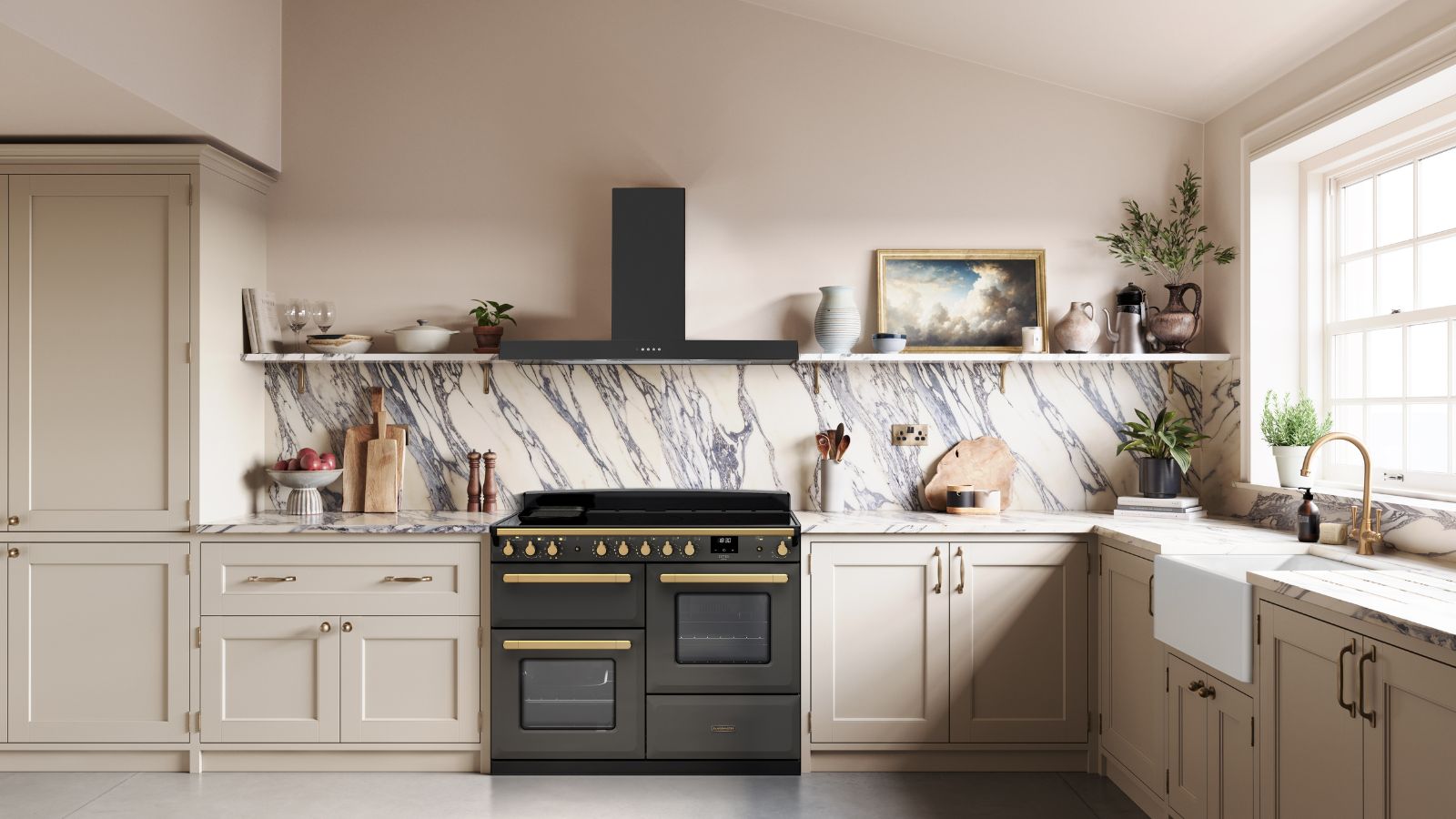 I tried using a paper towel holder to organize trash bags – it’s a sleek and space-saving solution that will transform cramped storage spots
I tried using a paper towel holder to organize trash bags – it’s a sleek and space-saving solution that will transform cramped storage spotsIt makes changing liners around the house so much easier
By Eve Smallman
-
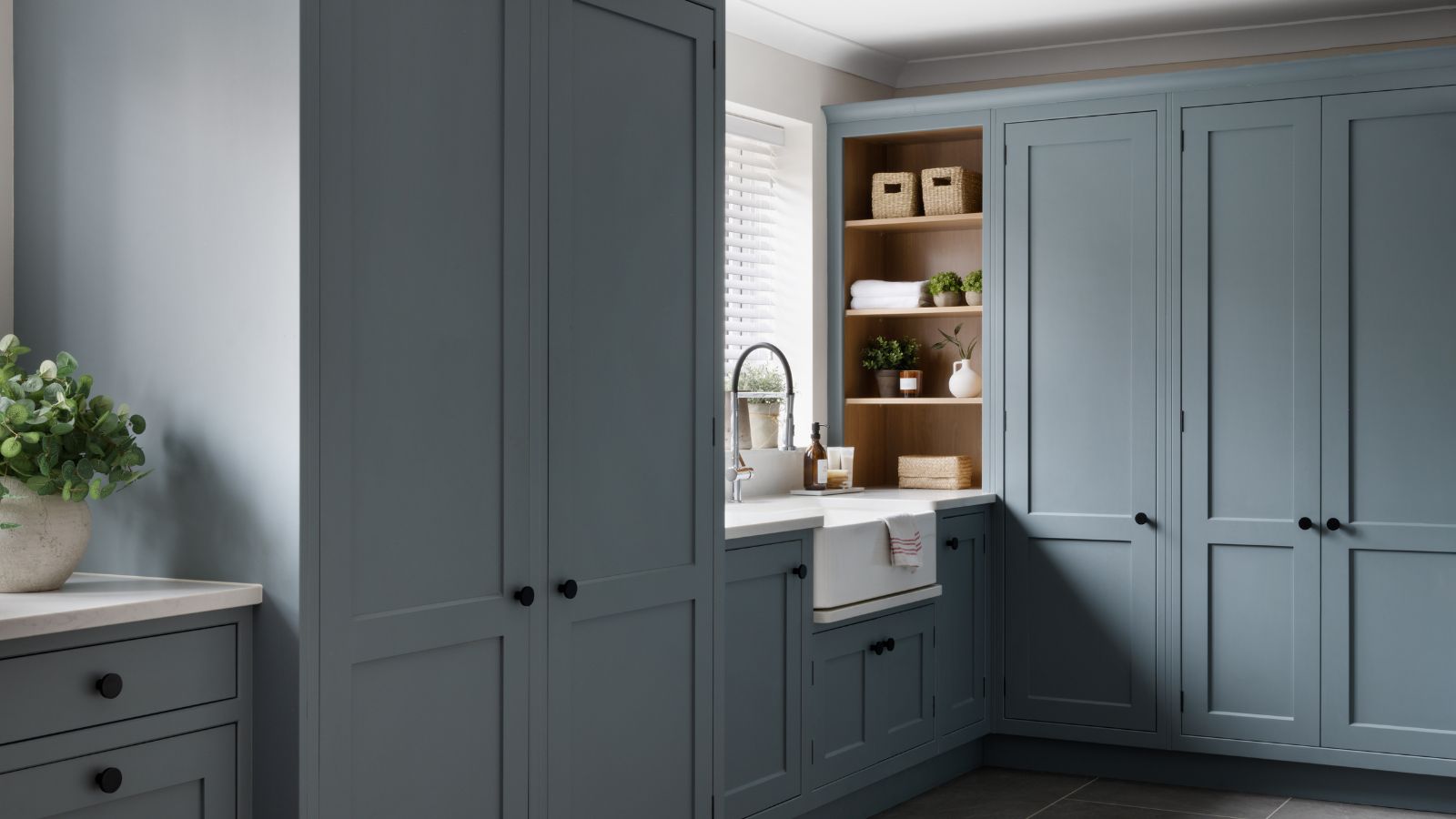 ‘Completion days’ are the answer to laundry doom piles, pro organizer claims – here’s how this hack can instantly stop fresh laundry from piling up once and for all
‘Completion days’ are the answer to laundry doom piles, pro organizer claims – here’s how this hack can instantly stop fresh laundry from piling up once and for allStay on top of your laundry with the 'Completion days' method
By Chiana Dickson
-
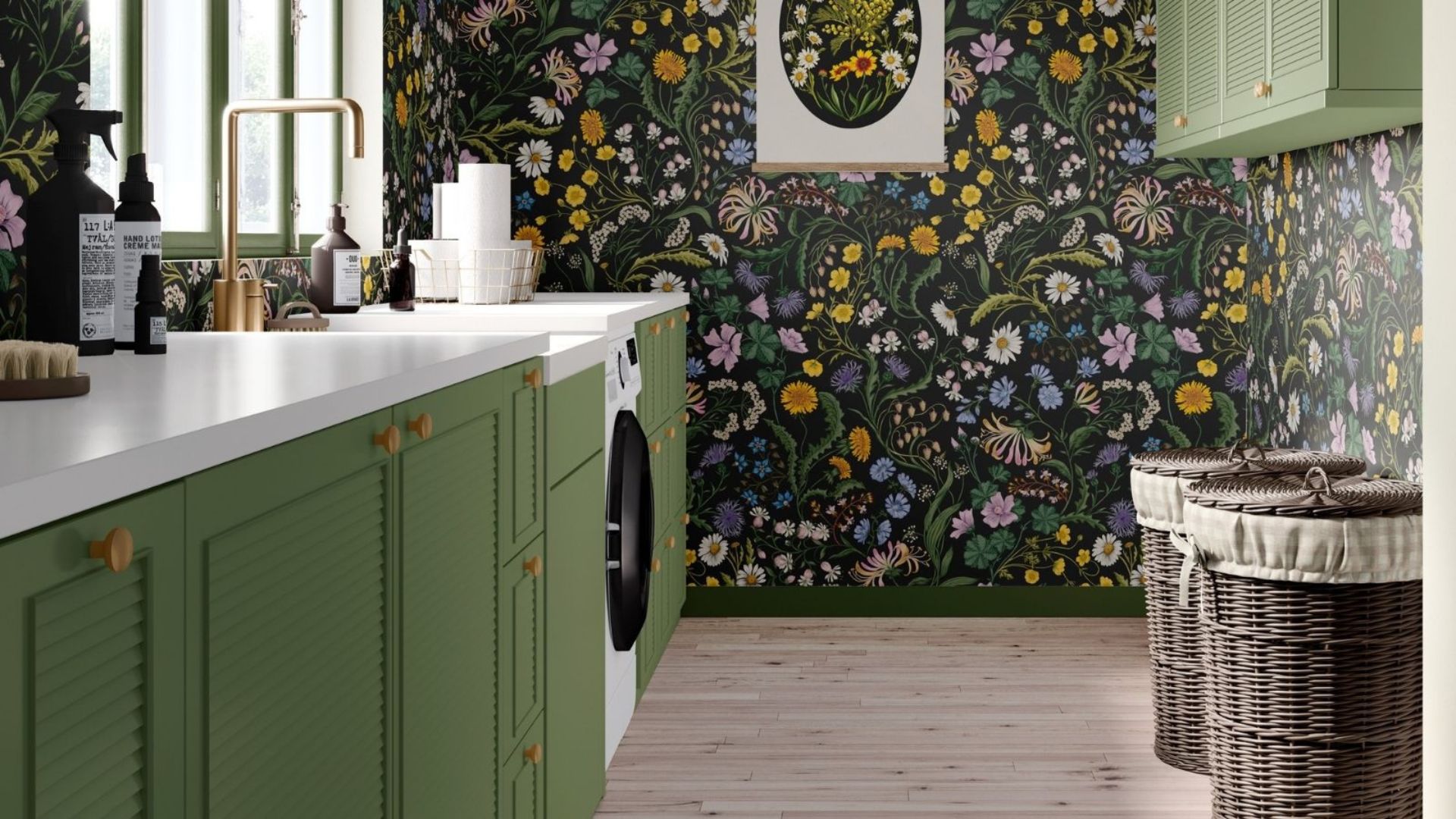 This laundry heap hack will do away with doom piles – here’s how to use it to prevent mess and speed up laundry
This laundry heap hack will do away with doom piles – here’s how to use it to prevent mess and speed up laundryThis method can help you put away your clothes in minutes
By Chiana Dickson
-
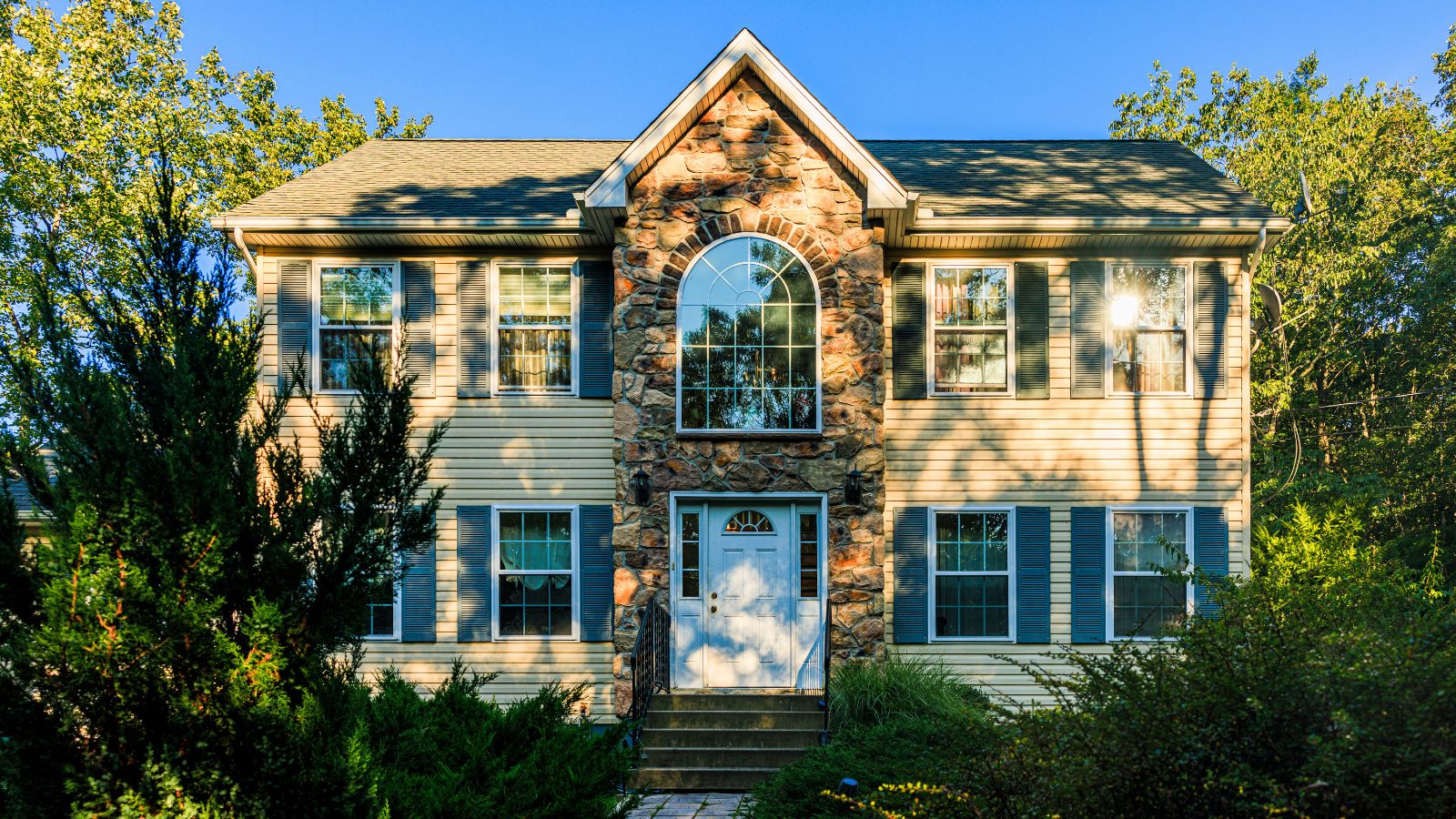 7 questions to ask yourself before moving house – realtors promise answering these questions will prevent buyer's regret
7 questions to ask yourself before moving house – realtors promise answering these questions will prevent buyer's regretDon’t make your move harder, ask these questions before moving to avoid mistakes
By Chiana Dickson
-
 ‘It leads to more headaches than it's worth’ – 4 reasons you should never store things in your oven, including fire risks and serious illness
‘It leads to more headaches than it's worth’ – 4 reasons you should never store things in your oven, including fire risks and serious illnessYour oven is for cooking, and cooking only, experts urge
By Chiana Dickson
-
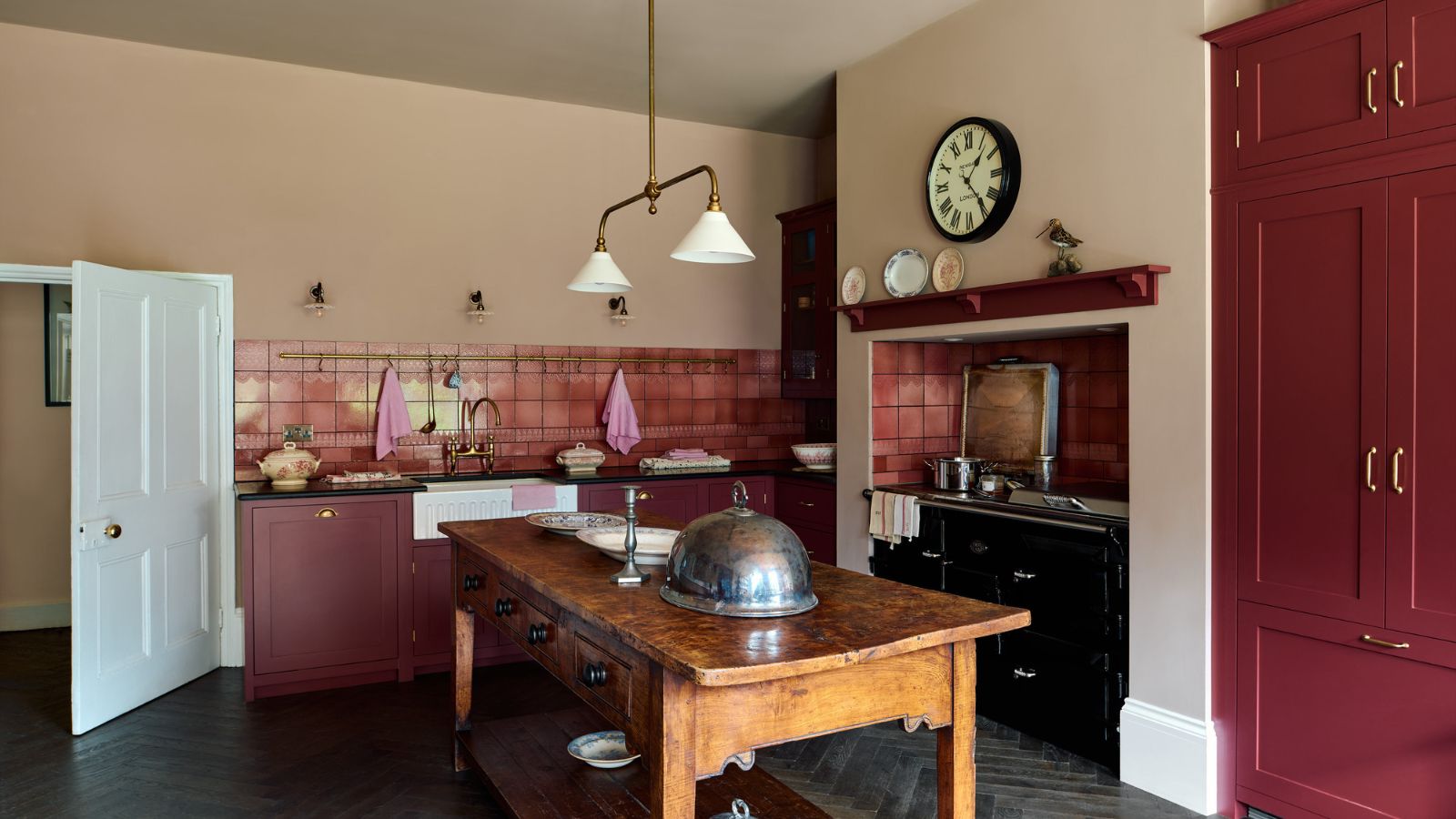 It’s a concept straight out of a fashionista's playbook, but I used the Sandwich Method to organize my kitchen shelves – it’s never looked sleeker
It’s a concept straight out of a fashionista's playbook, but I used the Sandwich Method to organize my kitchen shelves – it’s never looked sleekerIt transformed messy to mesmerizing in a matter of seconds
By Punteha van Terheyden